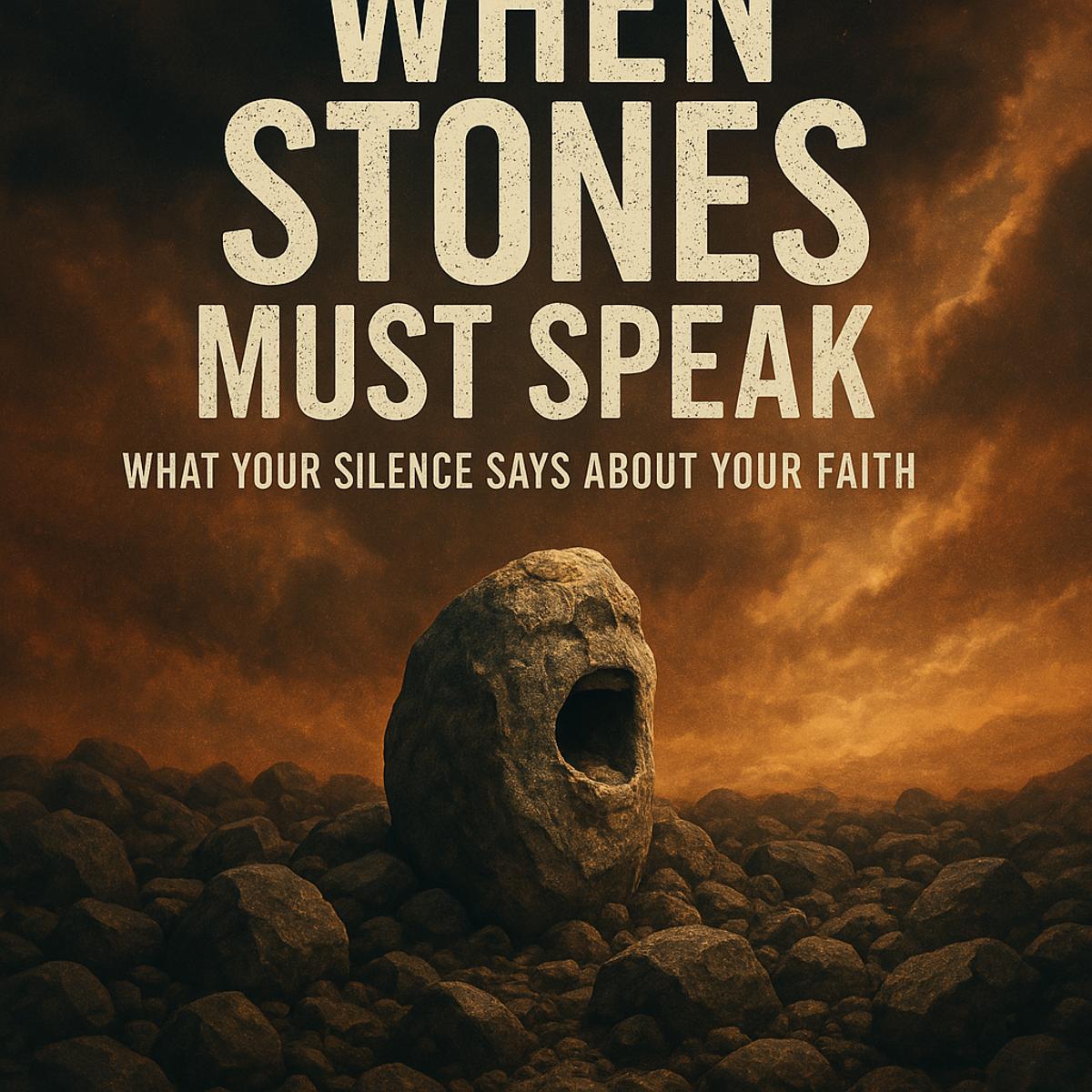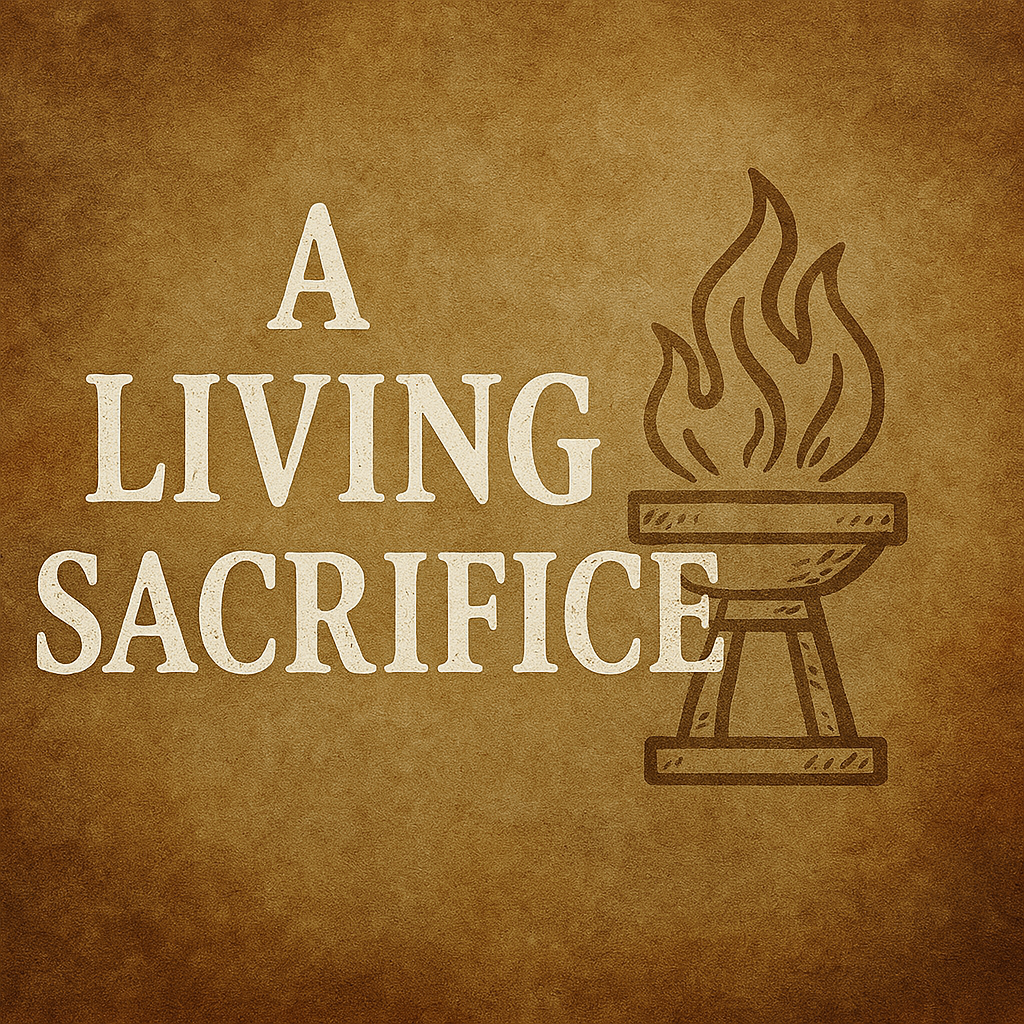Episode Transcript
[00:00:03] Speaker A: Welcome to the Roots of Faith Podcast.
This episode is entitled Listening for Pain versus Listening for Debate Points.
Have you ever walked away from a conversation knowing you won the argument but lost the person?
Jesus never called us to score debate points.
He called us to be salt in a world that's rotting from the inside out.
Today we're diving into what it means to hear the pain behind the words, to enter the hurt instead of avoiding the mess, and to minister in meekness rather than in muscle. It's time to trade quick comebacks for compassionate listening and discover how Christ's way changes hearts, starting with our own.
Join us now as we share this message from Matthew, chapter 5 and verse verse 13.
[00:01:10] Speaker B: You know, we admire our leaders of our country, but each of them had a unique personality, and one of them was Franklin Delano Roosevelt.
And FDR was unique.
As a matter of fact, as a leader, he was also not always sure about himself.
And so the story is told that FDR actually at a presidential gathering where there was diplomats and everything, and he had to stand there through the line greeting everybody.
He really wondered, does anybody really listen?
So as the people started to come up, FDR came to the idea, I'm going to tell every one of them that I murdered my grandmother this morning.
To which he got replies such as, how lovely.
Just to continue to do the great job you're doing.
It went that way all through the line until one older diplomat came along and FDR gave his greeting, you know, I killed my grandmother. I murdered my grandmother this morning.
The diplomat looked at him and he said, well, I'm really sorry about that.
Then he looked at FDR and he says, but I'm sure she's deserved it.
How often do we listen to people?
How often do we actually pay attention?
Because one of the things that comes to this is when you're listening to somebody, do you actually hear the hurts that are hidden in that voice?
You see, Scripture says, we are sent, you are sent.
And this week we're going to look strictly at the first part of this in verse 13, where it says, you're sent to be the salt of the earth.
Next week, we're going to look at you are sent to be a light.
And then I want to conclude that three sermon series by looking at what Christ prayed in John chapter 17, which is the true Lord's Prayer.
What we call the Lord's Prayer was the model prayer, But John chapter 17 is the high priestly prayer of Christ for the church.
So I want to think through with you, what does it mean to be sentient.
And when you look at what we are called to do, just imagine for a minute if your entire neighborhood's spiritual well being, everybody around you, all your neighbors that you shake hands with or talk to over the fence or whatever.
What if their entire spiritual vitality was influenced by just one life, yours.
Would the atmosphere of your neighborhood shift toward healing or would it be going towards decay?
Jesus didn't call you to escape the world, but he sent you into it to preserve it.
In John 17, which we'll be going to later in two weeks, John 17, 15, 18, Christ actually prayed. He says, my prayer is not that you take them out of this world, but you protect them from the evil one.
They are not of the world, even as I am not of it.
Then he says, sanctify them by the truth.
Your word is truth.
As you sent me into the world, I have sent them into the world.
One illustration that I came across, and I don't have it written down, but it went like this.
Somebody imagined, you know, that when Christ went back up to heaven, the angels all gathered around him and said, did you accomplish what you were supposed to? He says, yeah.
And then they said, it's going to be maintained. He said, yeah.
And she said, well, what provisions have you been made? Have you made for it to be maintained?
He said, I sent people.
I sent my disciples.
The angels looked at him and said, do you have a plan B?
He said, there's no plan B.
You see, that's how important the church is.
That's how important.
And I want to make very clear we're talking about the church as individuals.
And it depends on we being available for Christ to use in the place where he has sent us.
You know, your calling.
In Matthew chapter 5 and verse 13, it says that you are called to be the salt of the earth.
He says, you are.
Jesus didn't say become the salt, but he said, you are the salt.
Now, salt in the ancient world was essential for preservation.
It was also for purification.
And it had great value.
And when you look at that, salt has been from the Old Testament all the way through to the New Testament, a figure of the preserving factor. As a matter of fact, in Leviticus, where it talks about the Old Testament grain offerings and the meat offerings, it said that they were to be presented with salt.
Well, what they were talking about is what was called a salt covenant.
Now, a salt covenant is something like this in the ancient near east, that if you wanted a peace treaty between yourself and another group, one of the things that you would do is you would go and have a meal with them. You would share the salt.
And as a matter of fact, that the salt covenant, in some of the ancient documents, like the Code of Hammurabi and everything, it actually says that you did not break the salt because that meant that it was a binding covenant, that you promised loyalty and it would be eternally preserved.
Now, think about the implication, if that's the way the Old Testament sacrifices were to be, that they were to be offered with salt. It was a testimony. And it even says in Leviticus, the covenant of salt with your God.
Wow.
He was declaring that that sacrifice was to be eternally binding.
So you find out that that covenant of salt was meant, that it never spoils.
It's incorruptible.
And then Jesus on the Mount, on the Sermon on the Mount, turns around and says, hey, guys, gals, you are the salt of the earth where I sent you.
How many times do we listen to people when we talk to them?
We're very quick to rally behind certain things, especially just to take one common statement that is made in the world in general concerns abortion.
And on the opposing side, they sit there and say, my body, my choice.
And people will defend that. They will sit there and say, you know, that's what's true.
My question to you is, have you ever listened with an ear to understanding the hurts that go behind that?
As a pastor, I've heard the hurts that go behind that years later, when someone has come to know the Lord and they have had an abortion and then their heart breaks or the man involved becomes very embittered.
Do you ever hear what goes behind the hurts?
Yes, it is biblically wrong because it is murder.
And life, I believe, begins at conception.
Now, when I'm confronted by somebody sitting there and saying to me, my body, my choice.
Have I ever tried to unpack that?
There are so many things that we see wrong with the world. And yes, we need to see that with our vision as Christ sees them.
But have we ever unpacked it to see what underlies that?
What are the assumptions?
What assumptions are we making about that person that are definitely not true?
There are hurts.
There's a lot that goes behind it.
I want to move you to the fact that from verse 3 to verse 12 is what we normally think of as the Beatitudes.
Dr. Warren Wiersbe came back when he was teaching about this, and he said, you know something?
The Beatitudes were to the disciples. And that's why I pointed that out to you. It was to the disciples and it's a description of the character of the disciples.
To be the salt.
When you look at that, I'm just going to real rapid fire go through this, so follow with me.
Poor in spirit.
What that means is one who has recognized their spiritual poverty, someone who knows that they bring nothing to God but their need.
That describes me as a disciple.
Those who mourn. It's the person who mourns over sin who has the same hurt as Jesus did when he said, woe to Jerusalem because he was crying for them.
He says, I long to bring you as. As the chickens and bring you close.
The meek walking in gentleness.
You know, we react to things. And you know, when somebody says to us something that we know is definitely biblically untrue, we first action is going, I'm going to jam this back down your throat.
You don't dare say that.
No.
The characteristic of the disciple was to be one of meekness. Jesus never turned around and said, I'm going to jam this right down your throat.
One who has a hunger for righteousness.
It's a desperation to know what is right before God, and not just to see it, but to live it.
To be merciful, to be pure in heart, not perfect, but have an undivided, sincere and clean before God.
Peacemakers.
But you know what it says?
It says, peacemakers because we have the peace of God in our hearts, and we are to be salt in spreading the true peace that comes through Christ Jesus.
And then paradoxically, it says, and you're persecuted because the world does not want to be confronted with Christ.
The demands. And I want you to see very clearly here, Scripture is not just some book of things that teaches us Bible stories so that we learn how to do things, but the word of God is the very picture of the heart of a living God who is creator.
And you can't separate being the salt from being the kind of person that's characterized in those verses.
Now, when we talk about this, think about the opposite. What happens when Christians aren't nice?
And one of the things that I looked at this week is I went back and I looked at the early Puritans and the Puritan establishment in Massachusetts, in the Bay Colony, and how they dealt with the Indians.
And in that time, they said, sure, we'll deal with the Indians, but they've got to become like us.
Never hearing what was going on in the background.
That carried on to even how the government dealt with Indian tribes as they pushed them west.
And as they pushed them west, the Indian culture saw the land as being something you shared.
I'll share this piece of land. We're going to put crops here. Oh, no, this land we're going to share. And that's for hunting.
And so they would gladly enter into treaties with the United States government and saying, yes, I agree, because they understood it as sharing.
And then the settlers came and they put up their fences, they put up their walls, and they said, no, this is our property. Because they were English, and they came from an English government standpoint and an American standpoint by that time that said, oh, we own the land.
In the mid-1800s, an Apache leader put it very succinctly in one of the negotiations because they were preaching the gospel to the Indians.
And he said, you say that you are sent by the great Father, but if he is your father, the devil must be your grandfather.
How do we come across as the salt of the earth?
One last thing that I want to draw your attention to is salt is no good unless it comes into contact with the meal.
I cannot be the salt of the earth and then cloister myself away.
Don't let anybody come near me. Don't want you. No, I'm salt. I'm over here.
You can't take a jar of salt and put it next to the meat and expect it to salt the meat.
Jesus sends us to real brokenness, not around it like a spiritual biopsy.
We enter into decaying places, people that are in hurt, not to condemn them, but to diagnose the need and minister in gentleness and meekness to hurt lives.
Who in your life that you know of is experiencing spiritual decay and problems?
Maybe it's cultural confusion or even moral collapse.
Needs to be a faithful, patient, salty Christian to come into their lives to minister in meekness and in truth.
What's my vision out of this?
Well, Scripture says that we are sent. And so I am sent where I am to live the Beatitudes, to be that character.
Without this, I lose my savor and I lose my calling, my intention, what I'm supposed to be doing.
I will listen for the pain in people's words and carefully help them to unpack that next week. I want to deal with how we unpack certain things.
And I'm going to be referring back to a person by the name of Francis Schaeffer, who, back in. When I was in college, was very popular in sharing his tapes and everything.
And I want to unpack with you how that's done and how we need to think about people.
And the very means is we try.
And I Guarantee you I will fail.
But I love what the word fail is an acronym for.
Fail simply means first attempt in learning.
That's the only way we're going to grow.
Lord, I screwed this up.
Help me.
Help me understand.
How should I answer?
But the most dangerous part of all, it dresses. In Matthew 5:13 he says, what if the salt loses its saltiness?
What if we lose our savor?
Philip Keller and I close with this said, society is sick.
Gee, I wonder what society he was looking at. Oh, he says, but he said, society is sick.
But Christ sends us into it, not to be cynics, but to be the agents of life.
I will fail, but it's going to be my first of continuing attempts to learn to minister.
And you are sent to a sick society.
How can we minister?
There is no compromise in those characteristics of the Beatitudes.
The word of God is still true and it's unchangeable.
But I'm sent to be meek, patient, to be one who communicates in love, to draw Christ into the eyes of people who are hurting, who are broken.
That's your responsibility as well as mine.
I point this way, but three fingers are pointing back at me.
How are you ministering?
What do you need to do today to say, lord, help me to be that Beatitude character?
And Lord, open my eyes to see the hurts that people want to throw at me.
I will be persecuted, I will be ignored.
But I want them to see Christ.
That's my challenge to you today, that we might serve him together, that we might know the full love and purpose Christ has made us for today.
Let's close in prayer.
Father, you have borne witness to our hearts that you have sent us. And there is no other Plan B.
Lord, as we're going to sing, open.
[00:29:31] Speaker C: My eyes that I might see.
[00:29:36] Speaker B: Your truth, but also the hearts that are in need.
Teach me, Lord, take my heart and teach me for your name's sake.
We ask it in Jesus name.
[00:30:00] Speaker C: We're so glad you joined us for today's episode of Roots of Faith from the Lawn EC Church in Lawn, Pennsylvania. For driving directions, enter 5566 Elizabethtown Road, Palmyra, Pennsylvania. Our mailing address is P.O. box 307, Lawn, PA 17041.
Our vision is to be a church for the hungry, those who are hungry for God's word, hungry for purpose in Christ, and hungry to make a difference in lives.
If you're looking for a church family, we'd be honored to welcome you. Our Sunday school begins at 9:30 and our worship service begins at 10:30. Visit us on the Internet at www.lawnec church or you can find us on Facebook.
You can email us at Lawnec Church.
No matter where you are in your faith journey, God's Word can grow deep roots in your life.


